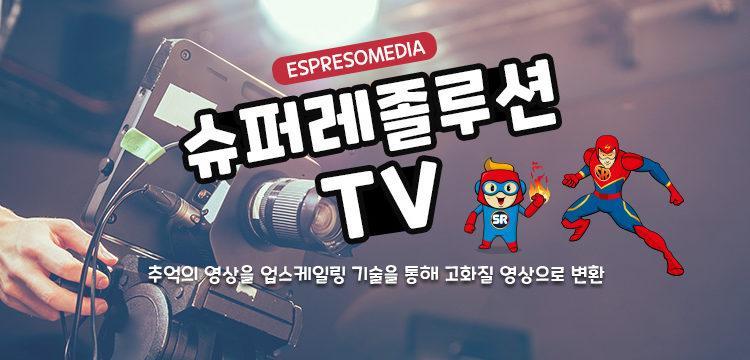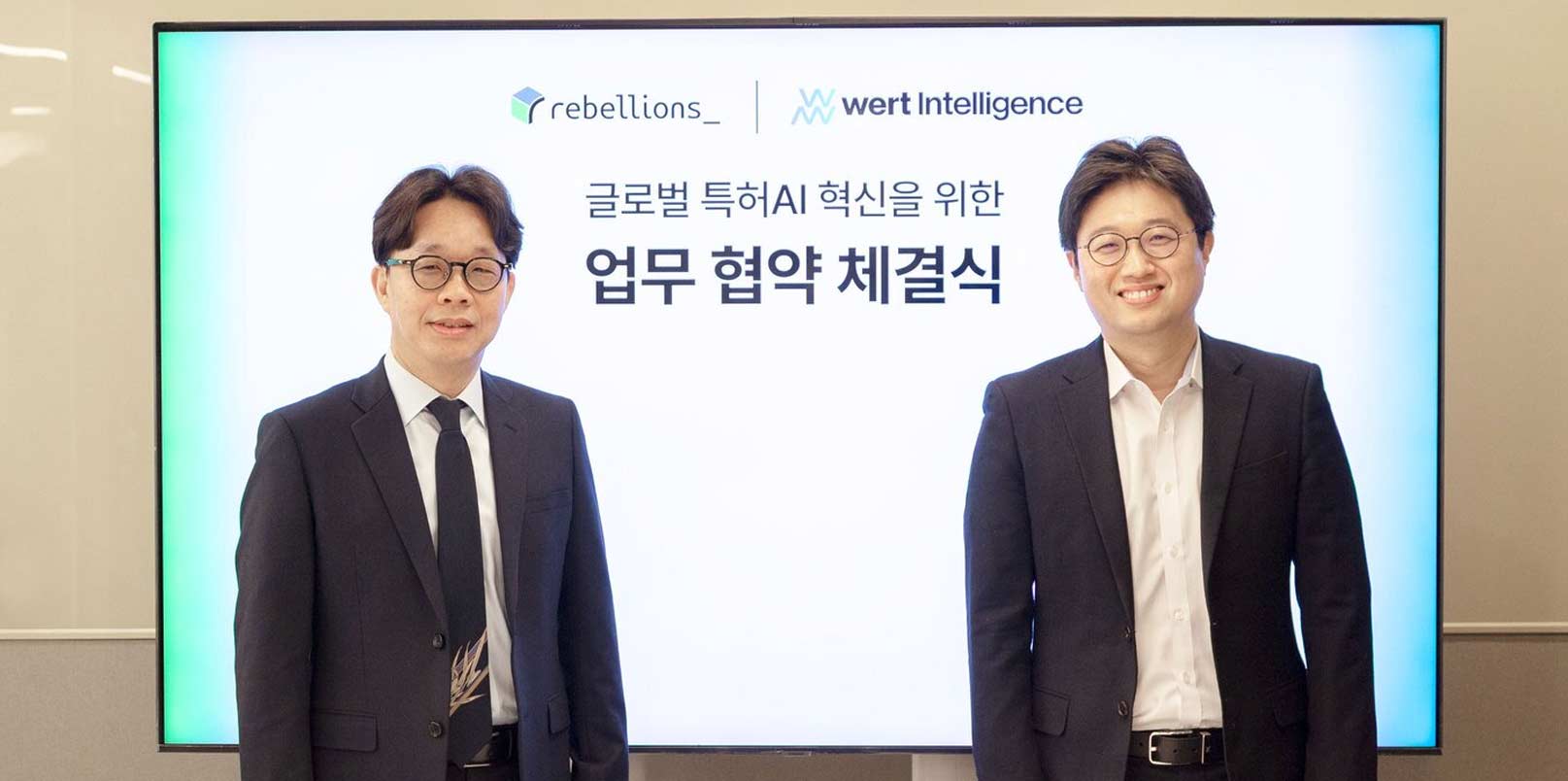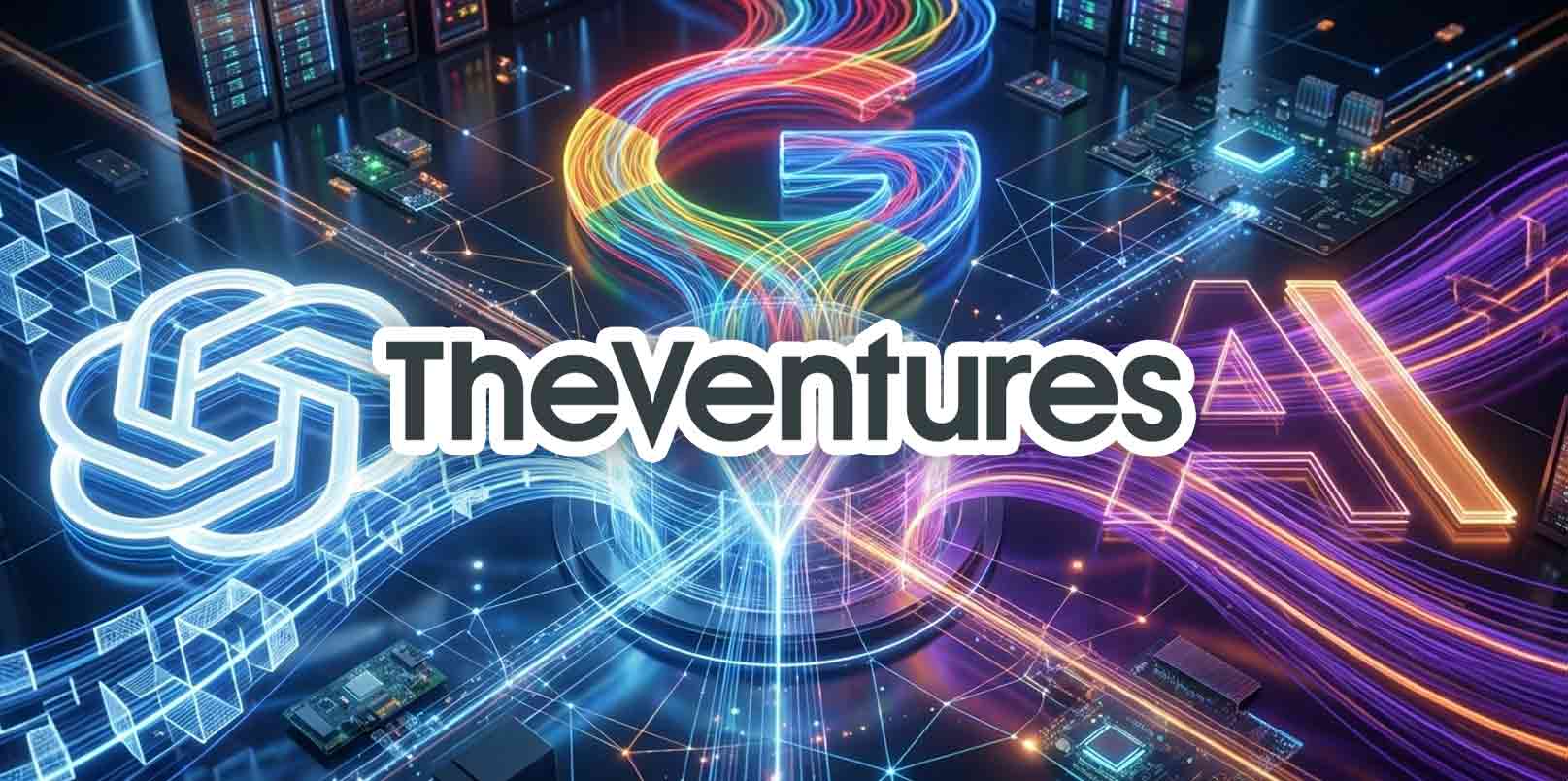Korean startup Espreso Media’s ‘Super Resolution’ (SR) technology based on deep learning brings quality innovation to imaging as it converts images or videos to high resolution. The SR technology converts blurry resolution photos or videos to high resolution and can magnify vehicles or persons in a CCTV image to see them clearly.
Technology that converts Low-res images to high-res
Espreso Media was established in August 2018 by transferring SR technology from the Vision Lab of the Industrial-Academic Cooperation Foundation of Seoul National University. The SR technology has been studied in the field of image restoration technology since the 1980s, but it began to develop in earnest after the application of deep learning techniques in 2016. Espreso Media uses the ‘deep learning-based super-resolution algorithm’ of Seoul National University professor Lee Kyung-moo, recognized as a master in the field of computer vision in Korea, as its source technology.
Espreso Media had got the first prize beating Google’s team in converting low-resolution photos into high-resolution photos at an academic conference in 2017. CEO Lee Ki-soo, CEO of Espreso Media, said that the idea to establish the company happened while he was in charge of a project on ‘Super-Resolution’ technology at his previous company. The company abruptly stopped the project. However, seeing the potential of technology, CEO Lee decided to turn this project into a business.
Used in various fields – Media, surveillance, medical & more
Espreso Media’s main focus is on broadcasting media, to convert full HD content to UHD. Super Resolution technology can be applied in various fields such as CCTV, medical imaging, aerial and satellite imaging. In 2020, Espreso Media commercialized UHD-class (4K) high-definition image restoration ‘Super Resolution (SR) solution’ for the first time in South Korea.
The startup plans to expand the scope of AI-based image restoration technology applications across industries such as broadcasting, portals, and security. “Our goal is to apply our technology to global media platforms such as Google, Facebook, and YouTube. Our ultimate goal is to apply our technology to all video and image-based devices, such as high-definition TVs, cameras, and set-top boxes,” said CEO Lee in a media statement.
The company has got its initial investment from Naver and Schmidt and expects its Series A funding this year. The startup also wants to expand its services globally and has collaborated with companies like Naver, CJENM, Samsung, LG, domestically and Netflix, Facebook, YouTube, Amazon, etc. globally.
Also Read
- Korean startup Jongal Lab wants to digitize fashion material sourcing with Buja Market
- Korean startup VUNO Med’s cardiac arrest prediction medical device DeepCARS gets government approval
- VideoMonster: A one-stop video-making platform for effortless professional videos
- Video content generation made easy with Korean startup KLleon’s deep-learning technology





